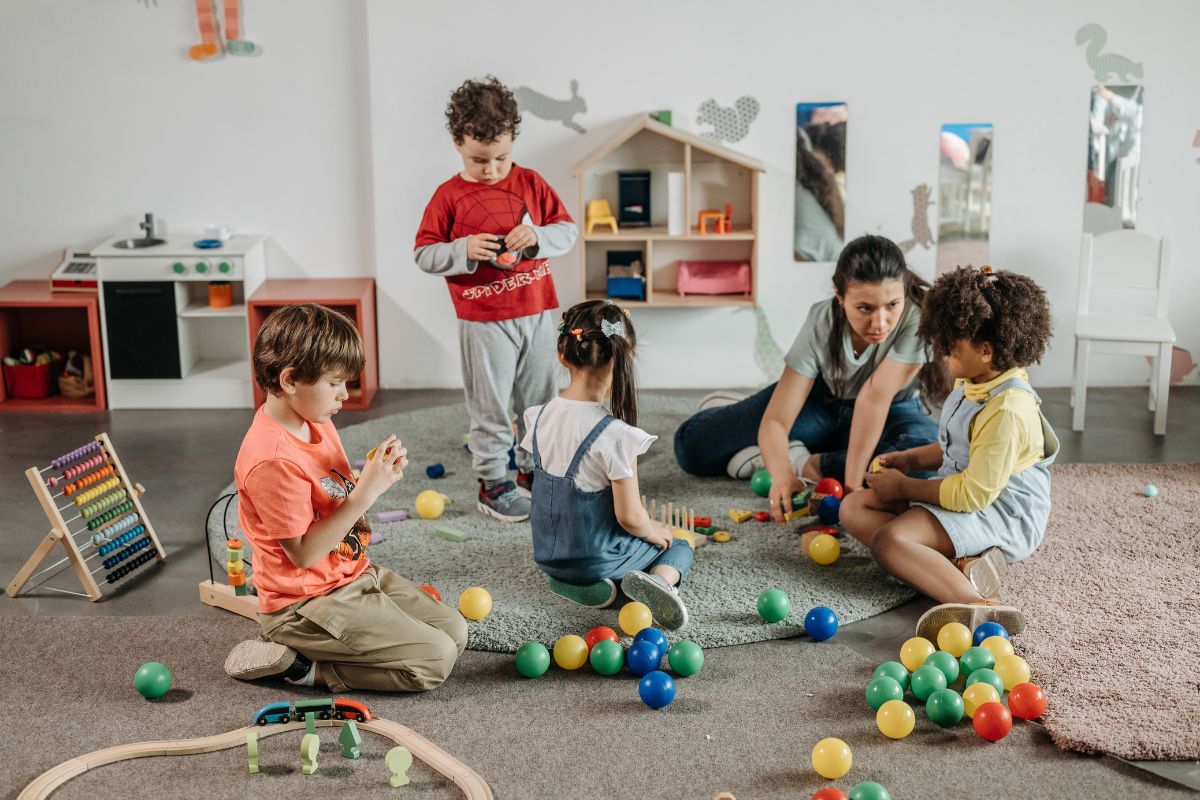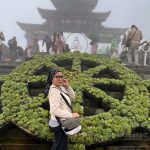If you’ve worked with young children for years without a professional qualification, don’t worry, because you’re not alone. Many early childhood educators pick up their skills while on the job. They do it by fostering growth, directing behaviour, and establishing secure, stimulating learning environments.
Today, there is no longer a need to attend a physical classroom to get trained as a child educator because Recognition of Prior Learning (RPL) helps to convert your practical expertise into a globally recognized qualification. Read below to learn more about RPL for early childhood educators.
What Is RPL and How Does It Work?
A requirement called RPL certificate for early childhood education compares your professional experiences, knowledge, and abilities to meet the criteria of a formal qualification.
This implies that you can get a Certificate III or Diploma in Early Childhood Education and Care without having to study what you already know again. If your experience satisfies national competency standards in the field of early childhood education, you can get this certificate.
Instead of taking time off work to study, you present proof of your abilities, such as job descriptions, references, images, and samples of your work, to get RPL certified. RPL simplifies the qualification process while you can easily continue in your career path.
What Qualifications Can You Get with RPL?
These are the two most widely accepted, nationally recognized RPL certificate for early childhood education you can get. They are:
CHC30121: Certificate III in Early Childhood Education and Care
The majority of early learning facilities require this entry-level qualification in order to operate. It addresses the fundamentals of learning, growth, safety, and health for kids.
CHC50121: Early Childhood Education and Care Diploma
This diploma was created for employees in senior roles like lead educators. It incorporates deeper knowledge of curriculum planning, child psychology, and team leadership.
Both degrees provide access to centre compliance, visa applications, and job advancement, and are recognized throughout Australia.
Why Is RPL Certificate Useful for Early Childhood Educators?
Early childhood education is a hands-on field. Getting an RPL certificate is a good option if you have been
- Working in an early childhood learning school or childcare.
- Helping kids as a private teacher or babysitter.
- Helping out at community childcare centers or kindergartens.
It’s likely that you already possess many of the skills needed through official training programs. Your daily tasks, which range from establishing daily routines to controlling group dynamics, closely correspond with the national learning objectives.
RPL training is quicker, more adaptable, and frequently far less expensive than traditional learning for seasoned professionals.
Common RPL Mistakes to Avoid
Waiting too long: Qualifications are frequently and urgently needed in order to meet job or visa requirements. So, don’t wait till the last minute to get certified.
Undervaluing your experience: A lot of educators believe that unstructured or informal learning isn’t relevant, but it really is.
Selecting the incorrect provider: Only collaborate with businesses that have registered RTOs as partners. Certificates from an unregistered provider might not be valid.
Final thoughts
Lastly, know that you need solid training before getting the RPL certificate for early childhood education. So, find an early childhood educator training company to make it easy, quick, and stress-free. A good provider will collaborate with RTOs throughout Australia to guarantee that you obtain a respected and worthwhile certificate.


